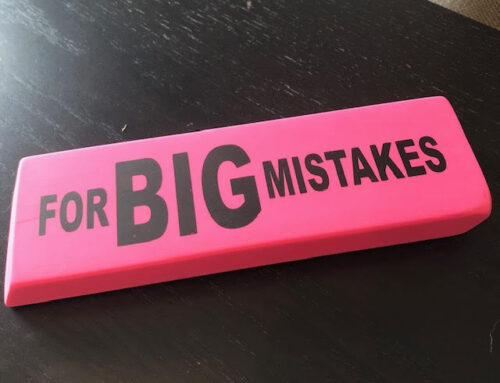~ By Marlo Leunissen ~
My father has always been a man of few words, and Alzheimer’s Disease has made him grow even quieter.
On days when he is more talkative, I try to hold onto every word he says, even if they don’t always make sense (to me). Those moments before he retreats into silence are brief and precious.
Alzheimer’s takes pieces of the person you hold most dear and leaves behind confusion and grief. Eyes once vibrant become colorless and cloudy. Expressions are left distant and vacant. Shared memories and laughter all but erased.
You are torn between desperately holding on and wanting to let go of the person at the same time. It is a perpetual and ever-changing sense of loss.
Throughout our family’s journey with this disease, we’ve all been asked, does he still remember you? As though being forgotten is the worst consequence imaginable. Families like mine know our pain goes far beyond memory loss.
“I feel like I’m slipping away.”
My dad said this to me long before we learned he had Alzheimer’s. He was standing in his kitchen, helpless, disoriented, and at a loss for words. Despite the fog in his mind, he recognized the path ahead of him.
Underlying the suffering our family and many others endure, I have learned the most meaningful messages we can share with one another, whether we are acting as leaders or caregivers, go beyond words.
This has encouraged me to think differently about how we listen and support those around us, personally and professionally. During stressful times, effective leaders who display vulnerability, empathy, and compassion can make a tremendous difference in the emotional wellbeing and performance of their colleagues.
When words fail, we are forced to rethink the way we communicate and connect with one another.
These will be the most valuable lessons I will learn from my father:
- Embrace vulnerability
My dad rode motorcycles and loves classic cars. He still wears his Harley Davidson ring. A loving father but more of the “strong and silent” type; he was never one to show much affection. Now, the hard shell he once had seems to have faded away along with his memory.
We have told each other how much we love one another more in the last two years than we ever have throughout my life. We sit quietly and hold hands. It’s not something we’d ever do before. But now these moments bring peace and comfort to both of us.
I have learned presence is powerful.
- Offer empathy
Caught in a post-pandemic backlog, it was three years before we received any information resembling a diagnosis. After many frustrating and stressful medical appointments, my family and I were desperate for answers to make sense of the decline we were seeing in my dad.
Finally, it was a kind nurse practitioner who shared the information we had waited so long to hear. She recognized our need to understand the path we were on. After yet another painful appointment, subjecting my father to another cognitive assessment he was not able to complete, she asked me to stay behind.
Before he left the room, dad thanked the nurse for her time and apologized to her for being confused and agitated. “Make sure you get the information you need,” he said to me.
The information she shared was: “I can see you need to know, and we don’t need another test to tell us. Your father has a form of Alzheimer’s and vascular dementia. This is progressive, degenerative, and irreversible. It will only worsen over time.” Devastated, I thanked her and burst into tears.
She had been direct – but kind. I imagine she registered my reaction as shock, but it was relief and gratitude. We had waited so long for someone to provide us with clarity, validation, and a direction toward the right care for him.
I have learned to see the beauty in expressing empathy toward others.
- Connect with compassion
Early on, I felt anger and blame toward my dad for his outbursts and agitation brought on by his illness. Now, I have a much better understanding of the stress and overwhelm he must have felt as he started slipping away, and we failed to understand his needs and his fears.
After an extended (and traumatic) hospital visit, and several waitlists later, he was moved to a “transitional behavioral support unit” in a long-term care home that follows The Butterfly Model of Care.
This model of care reaffirms the value and humanity of the person living with dementia and offers the care and dignity they deserve. The approach places an emphasis on understanding and meeting the emotional needs of the individual. It fosters a sense of belonging and purpose, and focuses on engagement, support, and genuine connection.
Now that he is receiving the kind of complex care he requires from an incredible team of professional caregivers, my dad is calmer and more comfortable. When I visit, we watch construction work outside his window, the traffic and sometimes birds in the garden.
His reality is not my reality, so we stay present and don’t look forward or back. Only the moment matters.
When I leave, he always asks: Do you know how to find your way out? I’ll go with you. The loving and protective father in him hard-wired and shielded from any disease. Dementia changes the person and their path, but it does not erase them or the bond you share.
I have learned compassion will take us further than confrontation.
Alzheimer’s is a thief. It has robbed us of many things. But not love. True connection is unbreakable, even in silence. And that is the most important lesson of all.
Thank you for making sure I got the information I needed, dad.







Leave A Comment